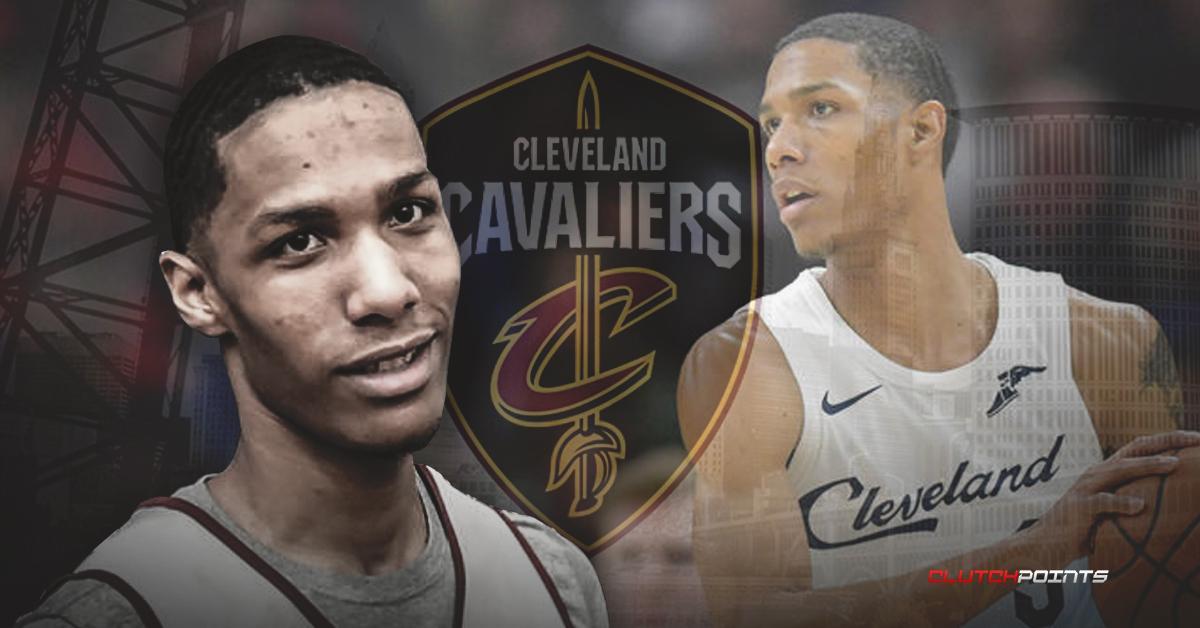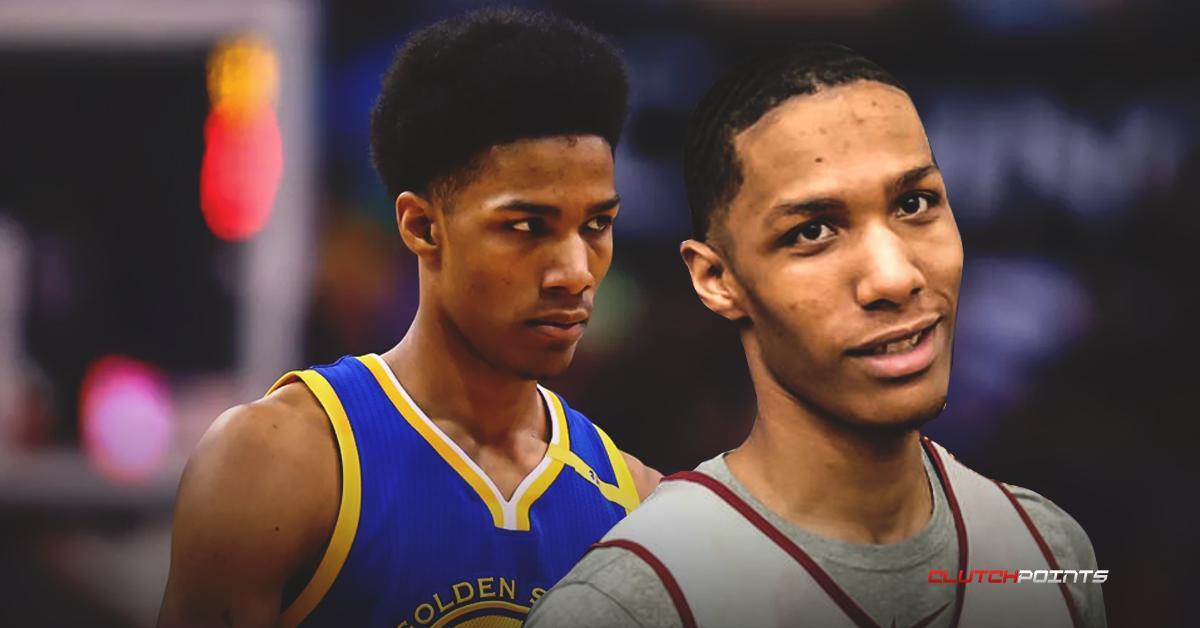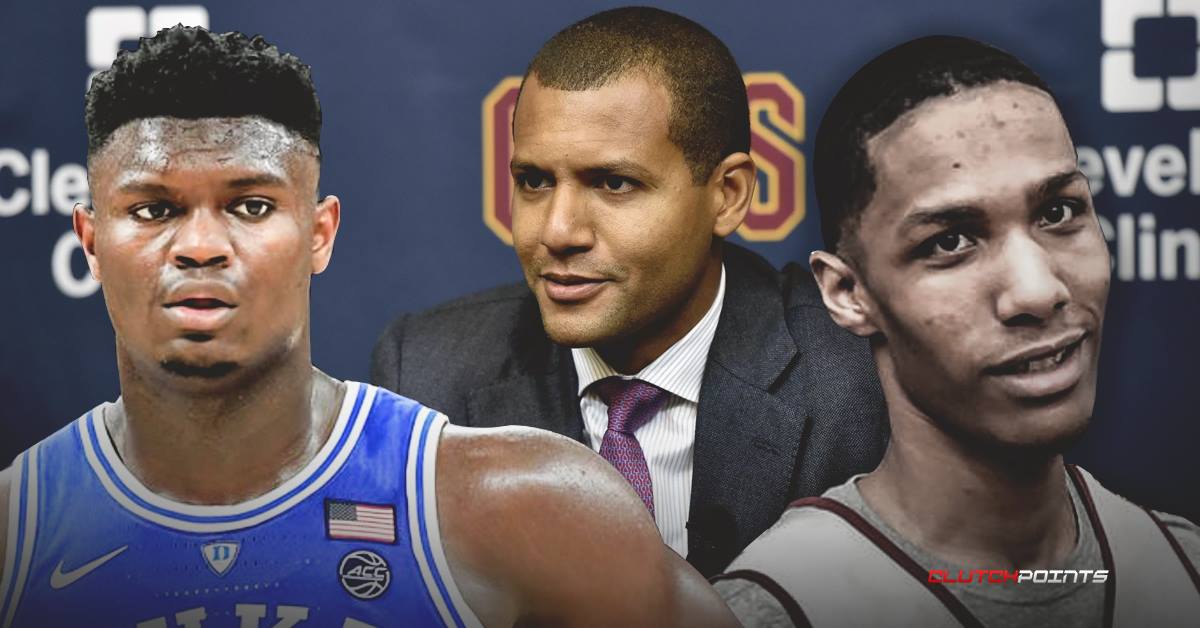The newest member of the Cleveland Cavaliers is guard Cameron Payne, who is only with the team because of what happened on Sunday. After the Golden State Warriors declined to match the offer sheet that Cleveland extended to Patrick McCaw, the Cavs waived McCaw after only three games, sparking a conspiracy theory that actually has some merit. After a request by Golden State, the NBA has launched an investigation into the situation, and the Cavs could potentially even lose their 2019 draft pick if it turns out they did something shady, which would be an absolute disaster. That is worrying, but we must sort out what could, should, and will happen to the team.
The first order of business is to understand how McCaw became a Cavalier in the first place. A role player on the Warriors’ championship teams of the past two seasons, McCaw entered restricted free agency seeking an offer from a new team to prove himself on. That offer never came, but his wishes did not change, as he rejected Golden State’s qualifying offer and a reported offer of two years and $5.2 million.
In the midst of their worst season since 2010-2011, the Cavs decided to take a low-risk, decent-reward chance on McCaw, giving him an offer sheet worth $6 million over two years, but non-guaranteed. The Warriors did not match, and the Cavaliers added a new player. In the three games he spent with the team, he shot 22 percent from the field and played poor defense, naturally showing plenty of rust.
One day before his contract became guaranteed, Cleveland waived McCaw.

But his poor performance wasn’t a good enough excuse for the Warriors, who asked the NBA to investigate the situation. The allegation is that the Cavs and McCaw’s agent had a handshake deal in place before the contract was signed that they would release McCaw, allowing him to sign with any team. This would be beneficial for McCaw because he could sign a cheap deal with another team and not worry about Golden State matching the offer. In essence, the Cavs would be helping McCaw escape restricted free agency.
For the Cavs, they would gain favor with agents, which is invaluable for an organization that plays in a small market and isn’t exactly attractive to players. Just ask Joakim Noah.
There is also the chance that the Cavs did this just to spite the Warriors. It’s a stretch, but owner Dan Gilbert certainly is not fond of Golden State.
Whatever the real reasoning for the sign-and-release was, the Cavs are now subject to an investigation. If the league determines that Cleveland and McCaw had an under-the-table agreement, there would be consequences, and those consequences could include the forfeiture of the Cavs’ 2019 first-rounder. Imagine this story: the NBA’s worst team losing their top draft pick all because they decided to help out a third-string guard.
Even if Cleveland did intend to help McCaw circumvent the restricted free agency process, the league would need to find explicit evidence proving intent. There is precedent for this, as back in 2000, the Minnesota Timberwolves lost five first-round picks due to their negotiations with free agent Joe Smith. In 1998, Smith had turned down an $80 million extension from, guess who, Golden State, in order to sign a one-year deal with Minnesota worth just $1.75 million. He would sign another one-year contract the following year, and one more in 2000. This would give the Timberwolves Smith’s Bird rights, which meant they could go over the salary cap in order to sign him to an $86 million dollar contract. Of course, that never happened, and Minnesota paid dearly for their dealings.

It’s apparent that the McCaw situation is not even close to what happened in Minnesota. In fact, it’s unlikely that the Cavs are punished at all. Unless the NBA is able to locate evidence that the Cavs intended to release McCaw after signing him, they have no proof the team was circumventing the CBA. The only reason that Minnesota was punished is that emails were leaked after an agent dispute. The Cavs can simply claim that they did not feel McCaw was worth rostering anymore, and because of his poor play, they did not want to pay his guaranteed salary.
Even though the poor performance excuse is perfectly valid, it would not be a surprise if the Cavs and McCaw did have a handshake agreement. However, unless that was in writing (which would have been very irresponsible), nothing will happen.
Should the Cavs be punished? Well, it certainly seems like they were bending the rules, so perhaps they should be fined. But the NBA should not even consider stripping away the first-round pick of the league’s worst team, especially considering that is all Cavs fans have to look forward to at the end of this season. It isn’t worth the backlash, and this punishment would not fit the crime.
Cavs fans should be worried about missing out on Zion Williamson (or R.J. Barrett, if you prefer), but the reason is the new draft lottery odds, not a possible punishment for doing Patrick McCaw a solid.
McCaw has since agreed to a deal with the Toronto Raptors.
